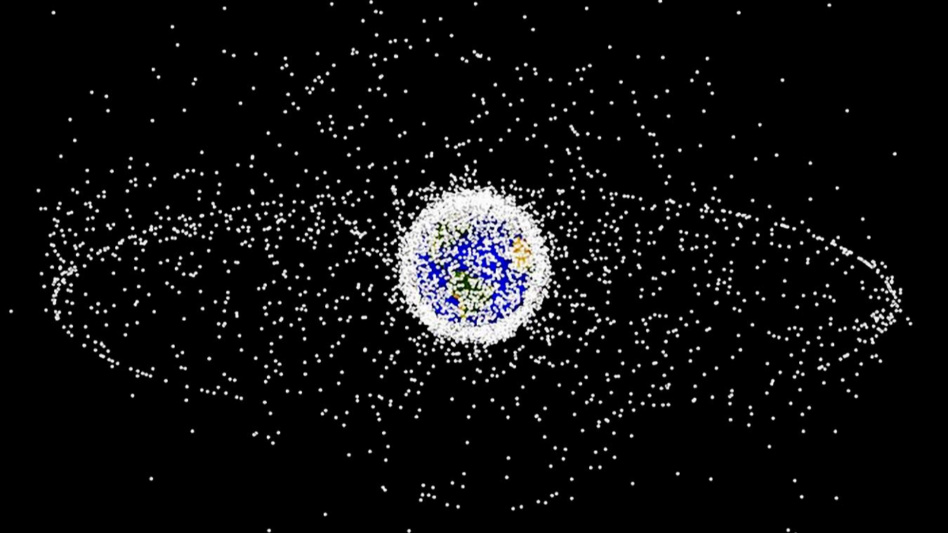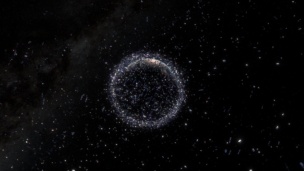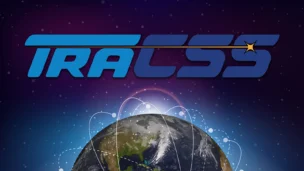On Monday, Russia struck a Soviet-era spy satellite with a missile. The antisatellite (ASAT) test destroyed a dead, decades-old spacecraft and generated at least 1,500 trackable orbital debris in LEO, along with hundreds of thousands of smaller shards. Washington confirmed the ASAT test and condemned Moscow for reckless space behavior.
- The US State Department called Russia’s actions “dangerous, reckless, and irresponsible.” A State spokesperson said it’s “disingenuous and hypocritical” for Russia to claim that it opposes the weaponization of space.
- “Space activities underpin our way of life and this kind of behavior is simply irresponsible,” USSPACECOM Commander James Dickinson said. Russia gave no advance warning of the test, according to the Pentagon.
- NASA was slower to respond but offered more details, confirming a connection between Monday’s ISS emergency and the ASAT test.
The details: Russia is thought to have used Nudol, a direct-ascent ASAT and Earth-based satellite interceptor. Kosmos-1408, the target, was an obsolete electronics intelligence satellite. While Russia has tested Nudol ten-ish times, yesterday’s strike was the weapon’s first kinetic attack.
- The US, China, and India have also tested ASATs.
Further corroboration: A Russian airspace notice indicated a launch from the Plesetsk Cosmodrome, with a trajectory that lined up with Kosmos-1408’s orbit. LeoLabs, a satellite-tracking radar startup, quickly detected new objects near where Kosmos-1408 should have been. Database operator Seradata tweeted that the collision was “a bit higher than ISS but not much,” and that a cloud of space junk could’ve been pushed downward.
Payload’s takeaway: ASATs are dangerous displays of in-space saber rattling. They pose a threat to human spaceflight missions and on-orbit assets, including satellites owned and operated by the offending nation.
- The new debris field endangers the safety of two cosmonauts, five astronauts, and three taikonauts…and creates risks for the $150B ISS.
“We had the Chinese ASAT in 2007,” SpaceX VP Bill Gerstenmaier said at Ascend yesterday. “That’s been our nemesis for an extended period of time. It looks like now we have another one of these. This is not what we need to do.”




